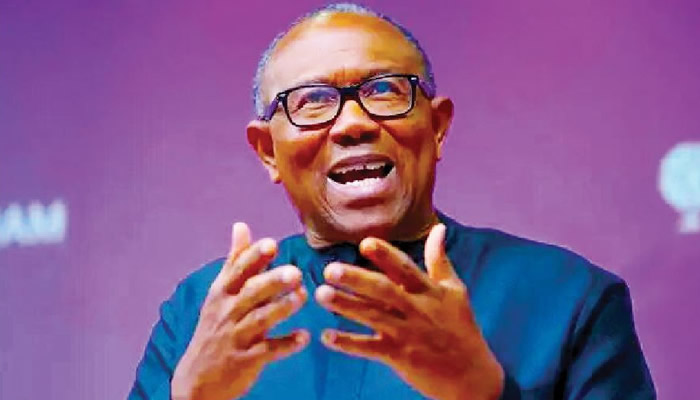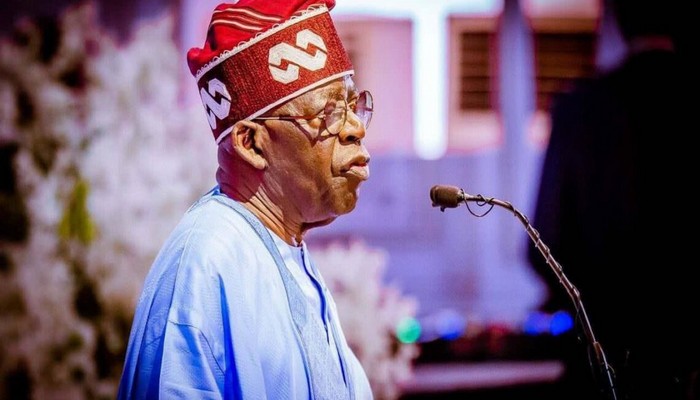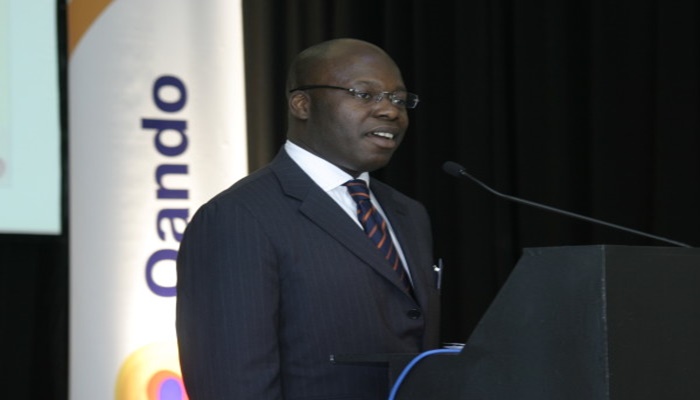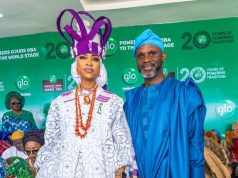They spoke in an interview with the News Agency of Nigeria (NAN) in Lagos, while reacting to the second quarter GDP figure released by the National Bureau of Statistics (NBS).
NBS had on Monday said that Nigeria’s GDP decreased by -6.10 per cent (year-on-year) in real terms in the second quarter of 2020.
According to the figures contained in the GDP report, the performance recorded in Q2 2020 represents a drop of 8.22 per cent points when compared with Q2 2019 (2.12%), and 7.97% points declined when compared to Q1 2020 (1.87%).
The decrease, it said ended the three-year trend of low but positive real growth rates recorded since the 2016/17 recession.
An Economist, Prof. Sheriffdeen Tella of Olabisi Onabanjo University, Ago-Iwoye, Ogun, urged the government to suspend the request for external loans and seek for moratorium.
“Government should suspend request for external loans, but seek for moratorium on its debts servicing and repayment in order to have money for intervention in the economy.
“The contraction of the country’s GDP is expected.
“The global COVID-19 stormed Africa, including Nigeria toward end of March, 2020,” Tella said.
He noted that the contraction was expected, because the country was in complete lockdown during the second quarter.
“Production in the formal sector was nearly at zero level.
“Though by end of May, the service sector started picking up through online services, but not sufficient to build up the GDP.
“There is the need for planned government intervention in the production sector to be orderly and devoid of bureaucracy, if third quarter will present better results.
“Such intervention should be both monetary and fiscal; that is, provision of funds or credits at low interest rate (monetary), and the use of tax relief for both producers and consumers (fiscal).
“This is not the time to impose taxes on consumers, because they must have the wherewithal to buy goods produced for producers to be in business,” Tella said.
Also, Mr Ambrose Omordion, the Chief Operating Officer, InvestData Ltd., said insecurity, policy summersaults and lack of coordination among government agencies contributed to the contraction.
Omordion added that the two months economic shut down, low crude oil prices, low industrial productivity and high inflation affected the economy during the period.
He said NAN that COVID-19 outbreak had exposed weak economic reforms of the country.
“We expect little improvement in Q3 with the injection of funds by way of government intervention to critical sectors to mitigate the effect of pandemic on the economy,” Omordion said.
The latest GDP shows that Nigeria’s biggest revenue earner, oil sector, recorded 6.63 per cent (year-on-year) contraction in Q2 2020, a decrease of –13.80 per cent points relative to the rate recorded in the corresponding quarter of 2019. (NAN)





































